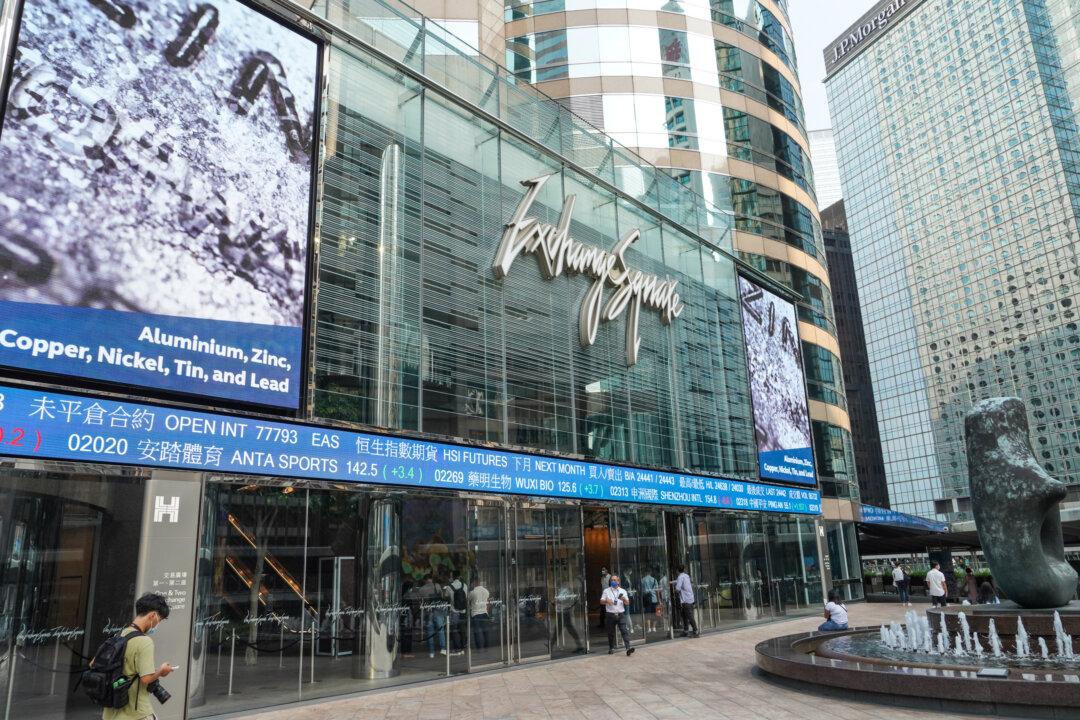The Hong Kong Stock Exchange (HKEX) saw its worst performance quarter in IPO fundraising since 2013, pushing the city out of the top five in the global IPO ranking. Analysts believe it is investor lack of confidence in Hong Kong’s capital market that led to the poor performance.
Initial public offering (IPO) is the core business of HKEX. According to South Morning China Post (SMCP), funds raised from new IPOs in Hong Kong plunged 90 percent year-on-year in the first quarter. The city fell to sixth place in the global rankings for IPOs from second, even lagging behind the Saudi Stock Exchange in performance.





